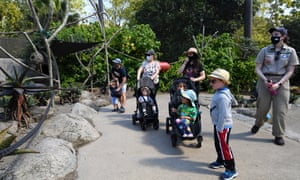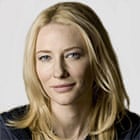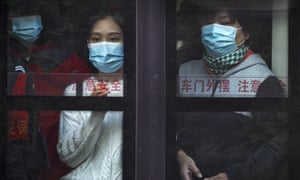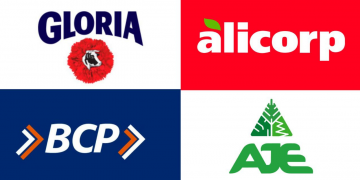Crédito: fuente
Coronavirus has had a “devastating” impact on the UK’s pubs and will exacerbate the decline in the number of independent breweries – for the first time in nearly two decades – an influential consumer guide has warned.
Thousands of pubs and breweries that survived the first lockdown are now fighting to stay afloat amid a slump in business following ongoing restrictions and curfews that could “make or break” the industry, according to the 2021 Good Beer Guide, published on Thursday by the Campaign for Real Ale (Camra).
The annual guide reveals that the total number of independent UK breweries has dipped to 1,816 from 1,823 last year – the first time it has recorded a decline in numbers since the explosion in UK breweries started in 2008. While 163 breweries have opened this year and are newly listed, many more have closed their doors, cutting the net figure:
Stock markets in Asia Pacific have followed Wall Street and Europe into the red on Thursday led by hefty losses in Australia, South Korea and Hong Kong.
Concerns about the continuing rise in coronavirus infections across the northern hemisphere has been driving the selloff in stocks, which had made a strong recovery after big falls in March and April.
The ASX200 in Sydney is down 1.4%, as is the Kospi in Seoul and the Hang Seng in Hong Kong. The Nikkei has not suffered so much and is off 0.7%.
Despite having a much better record on containing the virus than the US and Europe, the weak sentiment has nevertheless spread to Asia Pacific markets, said Jingyi Pan, senior market strategist at IG Markets in Singapore.
“With US and Europe under pressure, Asia will not be totally immune to a slowdown either though it remains a wait-and-see situation. As such, we are looking at Asia markets broadly sliding on Thursda,” she said.
There is some better news in the futures market where the S&P500 and the Dow Jones are seen bouncing back by 1% later on Thursday.
(yes, this article is by that Cate Blanchett)
The other day I had to go into town for a dental appointment. I put on all sorts of lovely clothes as if I were going out to dinner and an opening night. The prospect of being out and about was both exhilarating and daunting. I so desperately wanted to be among people and in the city, but I’d also completely forgotten what an event was. The dentist did not seem surprised by my sartorial over-commitment – but then, I was not the first patient he had seen since lockdown.
As a person working in the arts sector, the lockdown was strangely familiar on one level – a lot of actors get stuck in a kind of limbo waiting for someone else to give them permission to do what they are good at. It was as if we were all waiting by the phone for our agent to call. It was also strangely unfamiliar because the community that holds us together, the audiences, as well as the changing of the shows and the new releases, were all put on hold too. The flow between us all was severely affected, and I was both heartened and horrified when it began to surface online. Heartened because the urge to express ourselves and the desire to communicate seems undaunted by anything. Horrified because the worst place to rehearse and perform is alone in the mirror, and sometimes the phone is just a mirror:
Remote Marshall Islands records its first coronavirus cases
One of the last coronavirus-free sanctuaries in the world has been breached, with the US military importing two cases of Covid-19 into the remote Marshall Islands.
The Marshalls had been one of the last nations on Earth – most of which are in the Pacific – without a single confirmed case of Covid-19.
But the country’s chief secretary issued an alert on Wednesday night saying the country’s first border cases of the novel coronavirus had been identified in two workers on the US military base on Kwajalein Atoll:
A generation of babies born during the Covid-19 pandemic may be at risk because they and their parents are not being fully supported by health visitors in the weeks and months after birth, a coalition of children’s charities has said.
The NSPCC and nine other early-years charities say restrictions to the service and redeployment of health visitors could mean thousands of families do not receive checks they are entitled to.
Only one in 10 parents with children under the age of two saw a health visitor face to face during lockdown, according to a study published in August:















